How to Prevent Electrical Fires in Buildings

Electrical fires are one of the top causes of house fires in Canada and one of the most preventable. These fires can be caused by faulty wiring, old appliances, and using the wrong lightbulbs are only a few potential causes of electrical fires. Luckily, there are some easy ways to lower the chances of electrical fires in your home.
Here are seven easy preventative measures you can take!
1. Use One Plug Per Outlet
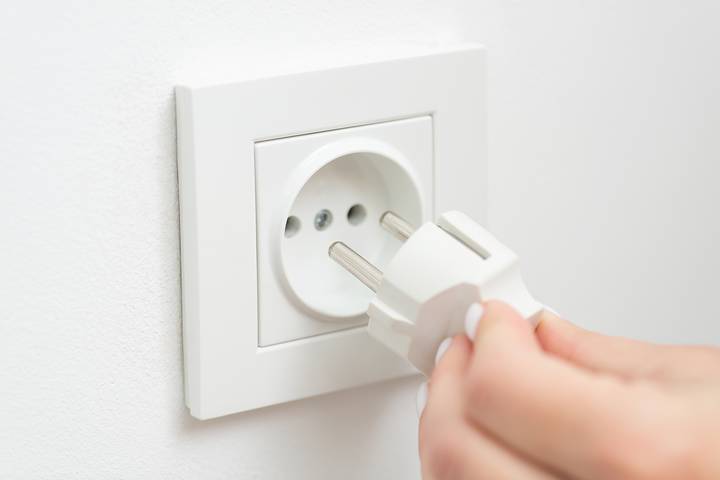
While extension cords and power strips seem easy to connect more appliances, they’re not a long-term solution. These tools can be useful in the short term, but prolonged use of extension cords and power strips can create an excessive power load on the outlet, possibly leading to electrical fires. In addition to excessive load on an outlet, extension cords can overheat if they’re old or underneath a carpet.
If you can, forgo the extension cords and power strips and follow this rule of thumb: one outlet, one plug! If you need more power outlets in your home, this is something a residential electrician can help with. Contact a qualified electrician to get their recommendation.
2. Disconnect Hot Appliances When Not in Use
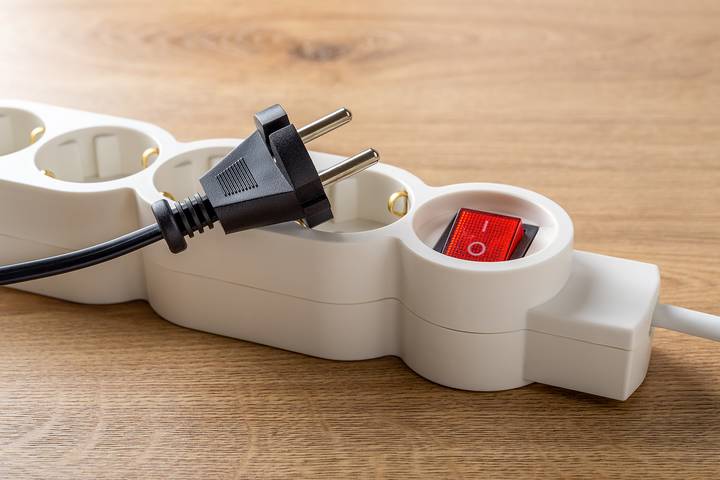
If an appliance gets hot when plugged in, it becomes a fire hazard when you’re not monitoring it, especially if there is no auto-shutoff function. Unplugging appliances that get very hot, like air fryers, space heaters and hair styling tools, can prevent them from overheating and potentially causing a fire when you’re not home. Always be sure to unplug these appliances before you clean them, too.
3. Replace Cords and Appliances as They Age
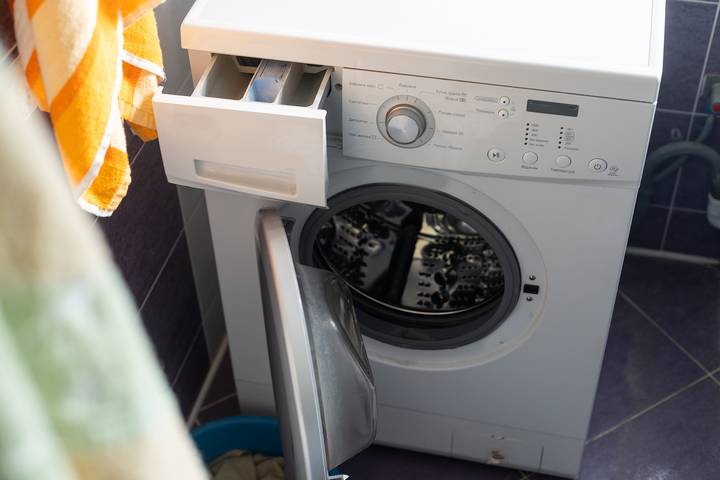
As power and extension cords age, they can become frayed and damaged. This exposed wiring is a fire hazard, especially if it’s fed underneath a carpet. If there is any damage to the cord, such as fraying, exposed wiring, or cracking, repair or replace it before you plug it in.
On the same note, check your old appliances as well. Older models of appliances like refrigerators and dryers may be fire hazards due to looser regulations and safety and material usage standards. Additionally, the wattage recommended for these older appliances is likely different from that of modern appliances, and they may not work for your current electrical system.
These issues are exacerbated if the appliance hasn’t been properly maintained and cleaned over time. If your appliances are showing any signs of malfunction or get excessively hot, consider replacing them.
4. Use Outlet Covers
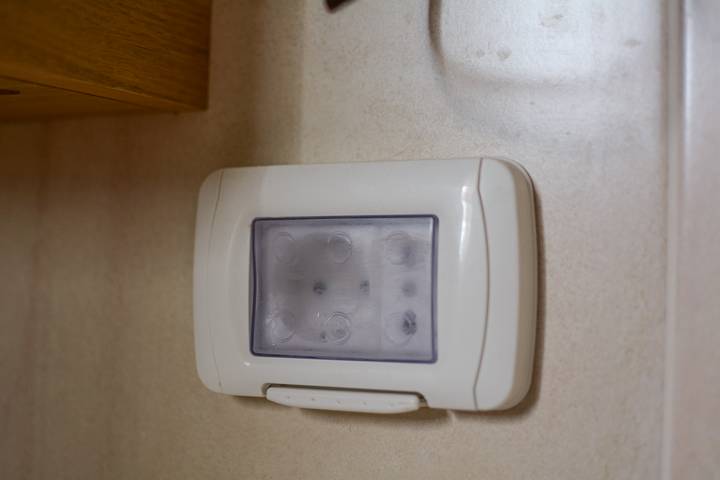
If you have little ones running around at home, you may be worried about them playing with outlets and potentially sticking something inside. This would, at the very least, give them a shock and, at worst, cause a fire. Get some plastic safety plugs to cover outlets in your home to put your mind at ease and prevent any accidents that could cause a fire.
Alternatively, you can get some spring-latch outlet covers that will keep the outlet covered until you need to plug something in.
5. Don’t Remove the Third Prong of a Plug
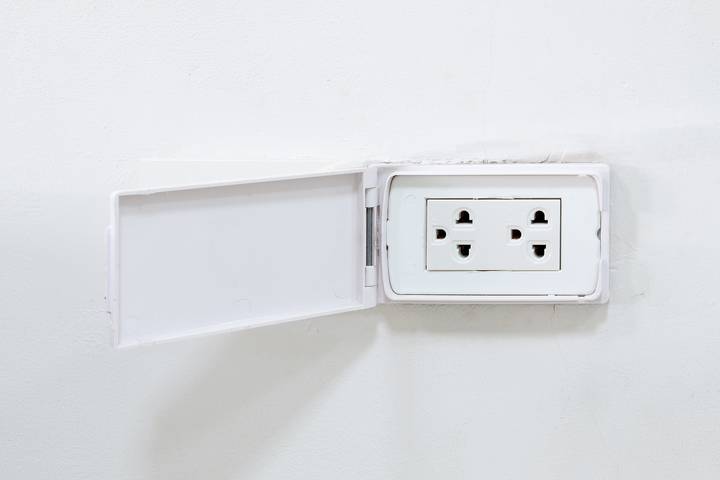
The third prong on power cords serves an important purpose. The third prong, or ground, provides a low resistance path for electricity to follow in case of an electrical surge or other power malfunction. This safety feature is no longer available if the third prong is removed.
If there’s a power surge or malfunction, the lack of ground can lead to dangerous and potentially fatal shocks. To be on the safe side, never remove the third prong from a power cord! If your home only has outlets for two-pronged plugs, call a residential electrician to inspect your home’s system to see if updating to three-pronged outlets is possible.
6. Keep an Eye on Your Home’s Wiring
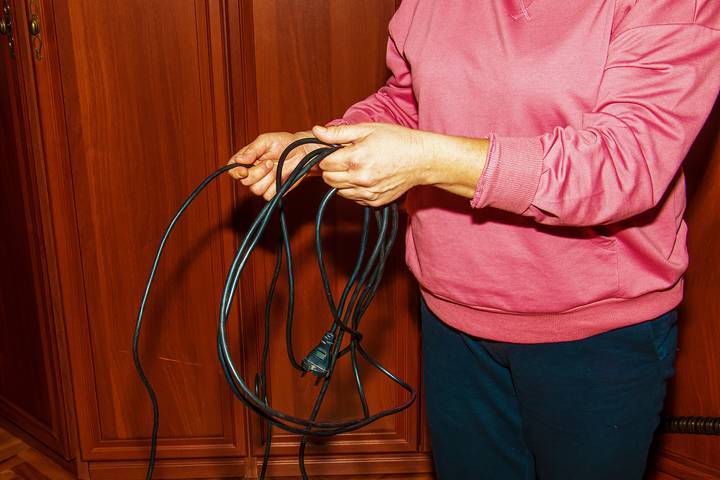
No matter how new your home is, repair loose or exposed wiring and sockets immediately. However, older homes are more likely to have electrical systems at a greater risk of causing a fire since they include aluminum wiring and 60-amp systems.
If you live in an older home, you may be unsure if the wiring has been updated or should be replaced. Some telltale signs of old wiring are flickering lights, lights dimming when you turn on certain appliances, burning smells when certain appliances are plugged in, frequently blown fuses, and warm outlets.
If you suspect the wiring in your home may be old, contact a professional electrician. They’ll be able to inspect your home’s wiring and make a recommendation.
7. Use the Right Light Bulbs

Another common cause of electrical fires is using the wrong light bulb in a socket. Using a light bulb with a wattage that’s too high for a socket can be risky. Instead, check the recommended wattage for your lamps and light fixtures and use the corresponding light bulbs.



















